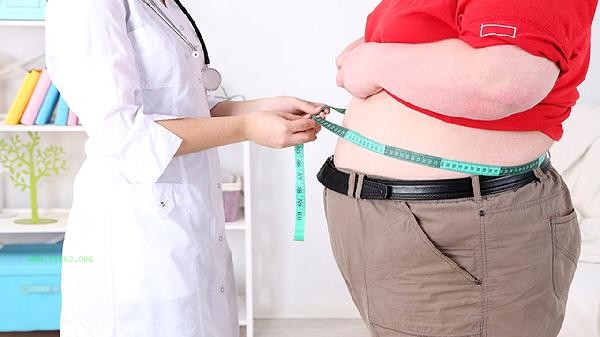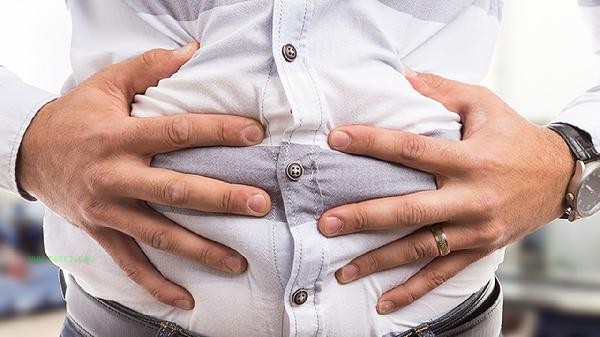Not eating dinner during weight loss may lead to a decrease in basal metabolism, muscle loss, and an increased risk of rebound. Scientific weight loss should focus on nutritional balance and calorie control, mainly due to five key reasons: metabolic disorders, blood sugar fluctuations, nutritional deficiencies, psychological stress, and rebound effects.

1. Metabolic disorders:
Skipping dinner for a long time can trigger the body to enter energy-saving mode, and the basal metabolic rate can be reduced by 15% -20%. When the human body is in a continuous fasting state, the secretion of thyroid hormones decreases, the efficiency of fat breakdown decreases, and it is more likely to accumulate fat. It is recommended that dinner intake accounts for about 30% of the whole day's calories, and high protein and high fiber foods should be prioritized.
2. Blood sugar fluctuations:
Not eating for more than 12 hours can cause a sudden rise and drop in blood sugar after breakfast the next day, stimulating a large amount of insulin secretion. This fluctuation enhances the activity of fat synthase, prompting the liver to convert excess blood sugar into fat storage. Clinical studies have shown that those who eat three regular meals have a more significant reduction in waist circumference than those who do not eat dinner.
3. Nutritional deficiencies:

A lack of dinner can result in a 40% shortfall in the intake of nutrients such as vitamin B, calcium, and magnesium throughout the day. These nutrients directly participate in fat metabolism, and when lacking, the body will break down muscles to provide energy. Recommend pairing dark vegetables, soy products, and high-quality carbohydrates such as quinoa, sweet potatoes, and other low glycemic index foods for dinner. 4. Psychological stress: Excessive hunger can increase the levels of the stress hormone cortisol, which promotes visceral fat accumulation. Nighttime hunger can also lead to insomnia, and insufficient sleep can reduce leptin secretion by 28% and increase ghrelin by 15%, forming a vicious cycle of overeating.
5. Rebound effect:
When the body returns to a normal diet after extreme dieting, compensatory absorption occurs, and the weight rebound can reach 120% of the original weight loss. People who skip dinner for three months have a weight gain rate of over 80% within five years. Scientific weight loss should maintain a steady decrease of 0.5-1 kilograms per week.
For healthy weight loss, it is recommended to limit dinner intake to 300-400 calories and ensure a protein intake of at least 20 grams. Before meals, you can drink 200ml of warm water and chew slowly while eating to prolong the meal time. Paired with 30 minutes of low-intensity exercise such as walking or yoga, it can improve nighttime fat burning efficiency. If you need to adjust the meal time, you can try to finish dinner before 6pm or use a small amount of multi meal mode to disperse calorie intake. Long term maintenance of a reasonable diet structure combined with moderate exercise is a sustainable weight management plan.





Comments (0)
Leave a Comment
No comments yet
Be the first to share your thoughts!